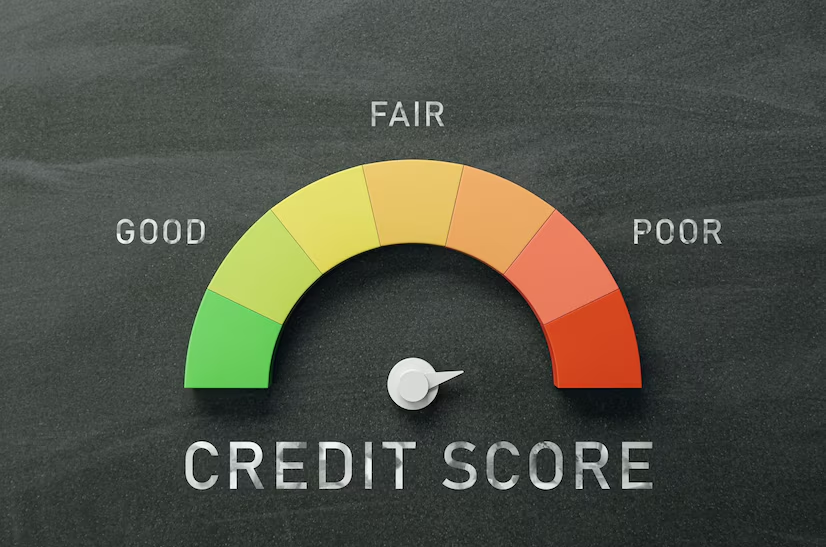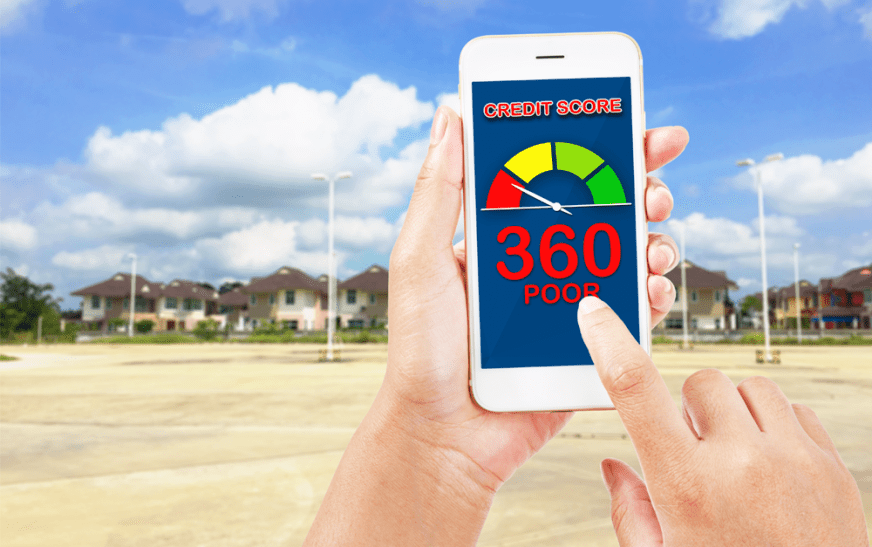Hitting the open road on your trusty two-wheeler is a liberating experience in India. Whether navigating bustling cityscapes or cruising scenic highways, your bike offers freedom, convenience, and a fuel-efficient way to travel. But with that freedom comes responsibility. Owning a bike necessitates proper insurance to safeguard yourself, your prized possession, and others on the road.
In India, as with most countries, having two-wheeler insurance is mandatory by law. However, navigating the intricacies of bike insurance, including the claim process, can sometimes be confusing. One common question that arises is: How many times can I claim on my bike insurance policy?
This blog post delves into the world of bike insurance claims, answering the question of claim frequency and exploring the factors that can impact your ability to make claims. We’ll also discuss responsible claiming practices and how to maintain a healthy relationship with your insurance company.
Can You Claim on Your Bike Insurance Multiple Times?
There’s no simple yes or no answer to this question. Unlike some other types of insurance with claim limits, there’s typically no predefined restriction on the number of claims you can make on your bike insurance policy within a policy year (typically one year).
However, it’s crucial to understand that every claim you make impacts your insurance. Here’s how:
- Impact on Premium: While there’s no direct penalty for claiming, a history of frequent claims can lead to a higher premium at renewal time. Insurance companies assess risk based on your claim history. A higher number of claims indicates a greater risk of future claims, leading to a premium increase to offset potential costs.
- Impact on No-Claim Bonus (NCB): Most bike insurance policies offer a No-Claim Bonus (NCB) for claim-free years. This translates to a discount on your premium for not making any claims during the previous policy year. Frequent claims can reset your NCB to zero, eliminating the discount and potentially raising your premium.
Responsible Claiming Practices
While there’s no restriction on the number of claims, it’s essential to claim responsibly. Here are some pointers:
- Claim for Valid Reasons: Only make claims for legitimate damages or losses covered under your policy. Don’t file claims for minor repairs or wear-and-tear issues not covered by your insurance.
- Assess the Cost: Weigh the cost of repairs against your deductible (the portion of the claim you pay before the insurance company steps in). If the repairs are relatively inexpensive and fall under your deductible, it might be more cost-effective to pay out of pocket rather than file a claim and potentially lose your NCB or face a premium hike.
- Maintain Claim History: By practicing responsible claiming and avoiding unnecessary claims, you can maintain a clean claim history, allowing you to benefit from continuous NCB discounts and potentially lower premiums in the long run.
Factors Affecting Claim Settlement
Here are some key factors that can influence how your claim is handled by the insurance company:
- Policy Coverage: Ensure your claim falls within the scope of coverage offered by your policy. Claims for damages or losses not included in your policy won’t be settled. For example, a basic Third-Party (TP) Liability only covers damage caused to a third party and wouldn’t cover repairs to your own bike in case of an accident.
- Claim Documentation: Submit all necessary documents promptly and accurately to avoid delays in claim processing. This typically includes the accident report (FIR), repair estimates, and other relevant documentation as outlined by your insurance company.
- Claim History: As mentioned earlier, a history of frequent claims can raise red flags for the insurance company, potentially leading to a more scrutinized claim assessment or even claim rejection.
What to Do in Case of a Bike Accident
If you’re involved in a bike accident, here are the recommended steps:
- Ensure Safety: Check yourself and others involved for injuries. If required, seek immediate medical attention.
- Secure the Scene: If possible, move your bike to a safe location away from traffic hazards. Take pictures of the accident scene, damage to your bike, and any injuries sustained.
- File an FIR: Report the accident to the nearest police station and obtain a copy of the First Information Report (FIR). This document is crucial for claim processing.
- Inform Your Insurance Company: Notify your insurance company about the accident within the stipulated timeframe as outlined in your policy. They’ll guide you through the claim process.
- Gather Documentation: Collect all necessary documents as requested by your insurance company, including the FIR, repair bills, and proof of ownership.
Alternatives to Claiming
In certain situations, claiming on your insurance might not be the most optimal solution. Here are some alternatives to consider:
- Minor Repairs: For minor scratches, dents, or repairs that fall under your deductible amount, it might be more cost-effective to pay for them out of pocket. This helps maintain your NCB and potentially avoids a premium increase.
- Negotiate with Third Party: If you’re involved in an accident where the damage to your bike is relatively minor and the other party is at fault, consider negotiating with them directly to cover the repair costs. This can be faster and avoids involving the insurance companies altogether.
Maintaining a Healthy Relationship with Your Insurance Company
Here are some tips to foster a positive relationship with your insurance company:
- Renew on Time: Renewing your policy on time demonstrates responsible ownership and reduces the risk of lapse in coverage.
- Pay Premiums Promptly: Avoiding delays in premium payments ensures your policy remains active and prevents any complications during claim processing.
- Disclose Modifications: If you’ve made any modifications to your bike (e.g., aftermarket parts), inform your insurance company to ensure they’re covered under your policy.
- Be Honest During Claims: Always be truthful and transparent when filing a claim. Providing false information can lead to claim rejection and potentially legal repercussions.
Conclusion
Understanding bike insurance claims and their impact is crucial for responsible bike ownership. While there’s no set limit on the number of claims you can make, practicing responsible claiming and maintaining a clean claim history benefits you in the long run. Remember, the goal is to strike a balance between having adequate coverage and maintaining a healthy relationship with your insurance company. By following the tips and information provided in this blog post, you can navigate the world of bike insurance claims with greater confidence and clarity.


















